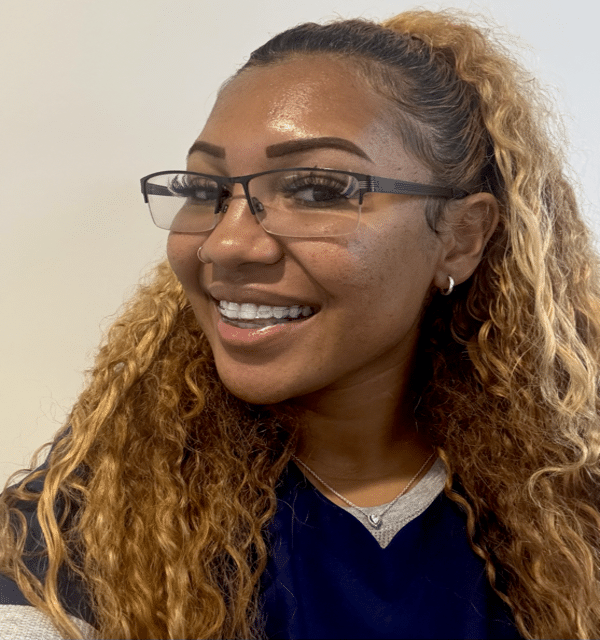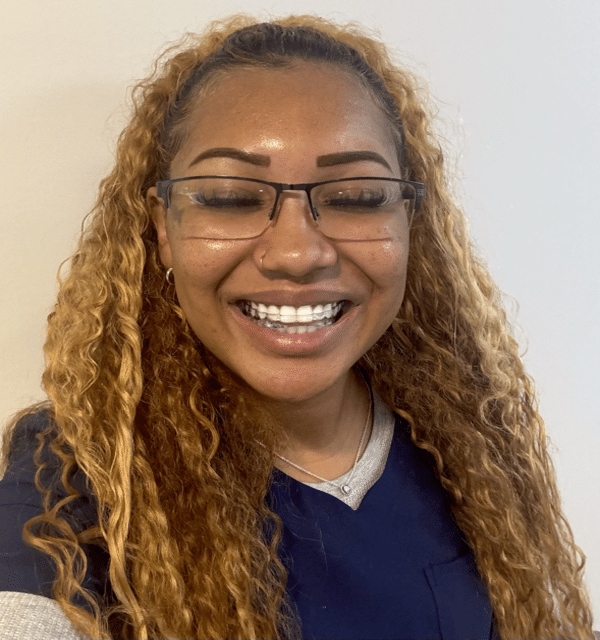Did you know that it could be signs of a condition called bruxism (also known as teeth grinding) which can significantly impact your oral health if left untreated. If you have these symptoms, schedule an appointment with Dr. Bryant.


Bruxism is a condition where you unconsciously grind, clench, or gnash your teeth. This often occurs during sleep, but can also happen when you’re awake. It affects about 15% of adults, and can lead to unfortunate symptoms like chronic headaches, jaw pain, and accelerated wear and tear on your teeth. Over time, this can alter your bite, impact your smile, and even affect your ability to eat comfortably! Bruxism is also linked to Temporo-Mandibular Joint Disorder (TMD), which can further complicate your symptoms. Given the downsides, early diagnosis and treatment is key to prevent long-term damage. Dr. Bryant is here to provide the care you need to protect your oral health.
Bruxism can be triggered by a variety of factors. Stress and anxiety are common contributors, as the body sometimes releases tension through teeth grinding. Other causes include misaligned teeth, an abnormal bite, sleep disorders like sleep apnea, or lifestyle factors such as caffeine or alcohol consumption.
Night guards are the treatment of choice to minimize the effects of teeth grinding. When visiting us to treat bruxism, Dr. Bryant will first determine if it is an accurate diagnosis based on your symptoms and an evaluation of your jaw and bite. If he determines that you likely grind your teeth at night, he’ll start the process of creating a custom-made night guard.
First, he’ll create an accurate 3D model of your mouth. This digital image is then sent to a dental laboratory where your night guard will be made out of acrylic, a clear, hard plastic material that will protect your teeth while you sleep. Once your mold is created, we’ll have you return to our office for adjustment and refinement to make sure it fits perfectly and comfortably. When fitted perfectly, your night guard can prevent and lessen the symptoms associated with bruxism and TMJ.
Usually, mouth guards go over your upper teeth only, but occasionally a mouth guard for your lower teeth may be needed instead. Dr. Bryant will be sure to suggest the best mouth guard for you and your situation.
Our custom-made mouth guards are not only effective in treating bruxism but they are comfortable, durable, and easy to clean. Caring for your mouth guard is important so that it lasts a long time and stays clean and free from germs.
The following can help keep your mouth guard clean and effective for years:
If feel stressed, and it’s leading to grinding, use one or more at-home methods of relaxation, like meditation, to get you to relax and stop clenching your jaw. Changing your diet or medication might also help. Consider avoiding stimulants, such as caffeine and certain medications, such as antidepressants, as they may contribute to the issue.
We Offer Night Guards In Denver!
If you’re experiencing any signs of bruxism, don’t wait to seek help. Early intervention can prevent long-term damage to your teeth and jaw. We offer custom-made night guards in Denver, designed to protect your smile and relieve the discomfort associated with teeth grinding. Schedule an appointment with Dr. Bryant today to start your journey toward a healthier, more restful night’s sleep.
